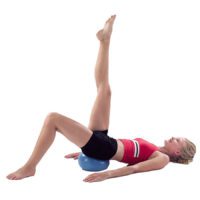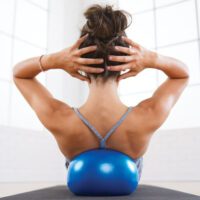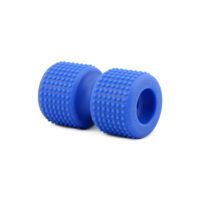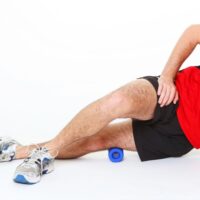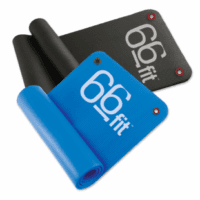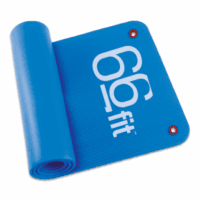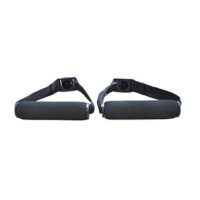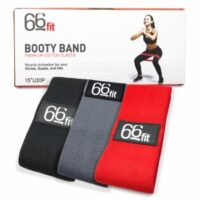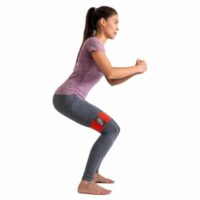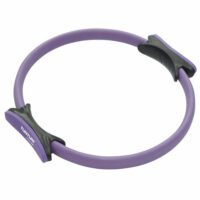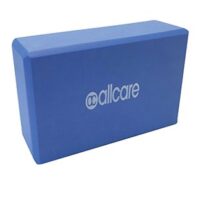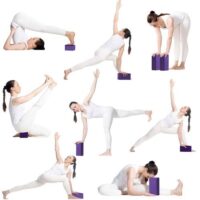What is Healthy Ageing?
Healthy ageing involves maintaining your physical and mental well-being as you grow older. Regular exercise plays a crucial role in this process, helping you stay fit, manage chronic conditions, and improve your quality of life, even after 50.
Why is it Harder to Get Fit as We Age?
As we age, our bodies naturally lose muscle mass, strength, and stamina. These changes can make it seem harder to stay fit, especially if you’ve been inactive for some time. Old injuries and chronic conditions often resurface, making exercise seem daunting. However, your body is capable of more than you might think.
How Can Exercise Benefit You as You Age?
Exercise offers numerous benefits as you age, including improved cardiovascular health, better bone density, and enhanced mental well-being. Regular physical activity can reduce the risk of chronic conditions like hypertension, diabetes, obesity, and osteoporosis. It also releases endorphins, the ‘happy hormones’, which help manage symptoms of depression and anxiety.

What are the Best Exercises for Over 50s?
A balanced exercise routine is essential for those over 50. Aim for 30 minutes of moderate to intense exercise at least five days a week. Incorporate strength training, cardiovascular workouts, and flexibility exercises to ensure a comprehensive fitness program.
Why Should You Exercise with Chronic Pain?
Exercise can help manage chronic pain conditions such as lower back pain, fibromyalgia, and osteoarthritis. Low-impact activities like walking, swimming, and yoga are particularly beneficial. Always consult with a physiotherapist or doctor before starting any new exercise routine to ensure it’s safe and effective for your specific needs.
How to Start an Exercise Routine After 50?
Starting an exercise routine after 50 begins with consulting your doctor to assess your health and identify any underlying conditions. A personalised exercise plan developed by a physiotherapist can help you safely and effectively improve your fitness levels.
Latest Research on Healthy Ageing and Exercise
Recent studies, such as those published in The Journal of Sport Health Science, highlight the significant benefits of starting exercise later in life. These studies show that even moderate exercise can greatly improve health outcomes in older adults, reducing the risk of chronic disease and enhancing mental well-being (Di Lorito et al 2021).
What to Do Next?
For personalised advice and to create an exercise plan tailored to your needs, seek the guidance of a qualified physiotherapist. They can help you develop a safe, effective routine that supports your long-term health goals.







